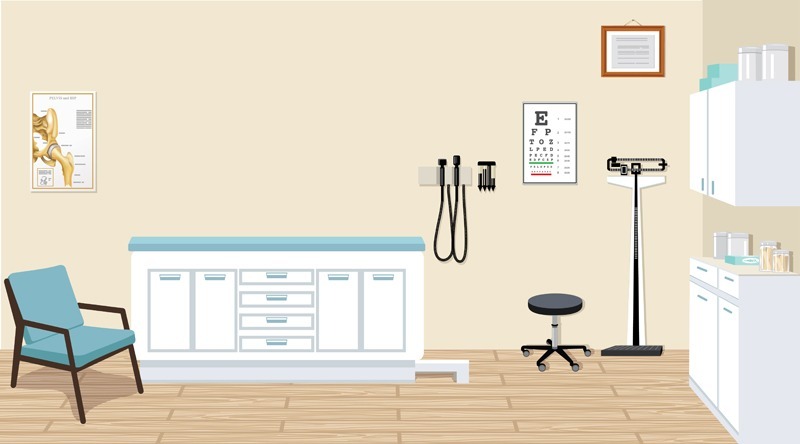Posts Tagged ‘pediatrician’
Study: Rates of ADHD diagnosis and medication treatment continue to increase substantially
— Beginning in about 1990, substantial increases in the rates of ADHD diagnosis and medical treatment were found in several nationally representative samples of US physician office visits. For example, between 1995–96 and 2007-08, the number of office visits at which an ADHD diagnosis was made increased by over 400% in adults — from 3.1…
Read MoreStudy finds large gaps between research and practice in ADHD diagnosis and treatment
— Most children with ADHD receive their care from community-based pediatricians. Given the large number of school-age children who require evaluation and treatment services for ADHD, and the adverse impact that poor quality care can have on children’s development, it is important for children to routinely receive care in the community that is consistent with…
Read MoreNews: Neuroscience Applied to Learning, Mental Health, Healthy Aging
Here you have a round-up of recent news on how cognitive and affective neuroscience findings are starting to inform education and health across the lifespan: Pediatricians issue a call to aid children facing ‘toxic stress’ (LA Times) Teachers as Brain-Changers: Neuroscience and Learning (EdWeek)
Read More

